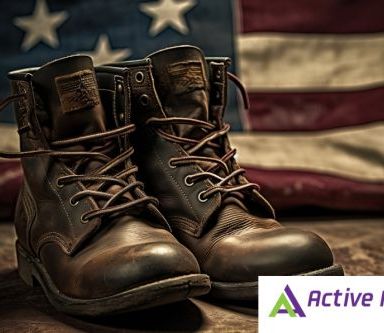
Marked by fireworks, parades and festive gatherings, the Fourth of July brings excitement but can also pose threats to your hearing health. Loud noises from fireworks and other festivities can cause temporary or permanent hearing damage if proper precautions are not taken; it can also trigger tinnitus flare-ups. Here are some important tips for safeguarding your hearing and protecting your ears during the Fourth of July celebrations!
Know the risks
Fireworks, one of the most iconic symbols of Independence Day, can produce sound levels exceeding 150 decibels (dB). Exposure to such high levels of noise, even for a short duration, can damage the delicate hair cells in the inner ear, leading to temporary or permanent hearing loss. Additionally, loud music, parades and other celebratory events can contribute to excessive noise exposure.
Tips for hearing safely
Wear hearing protection
One of the most effective ways to protect your hearing during the Fourth of July is to wear hearing protection. Earplugs or earmuffs can significantly reduce the intensity of loud sounds, safeguarding your ears from potential damage. High-fidelity earplugs are a great option as they preserve sound quality while lowering the volume.
Maintain a safe distance
Keep a safe distance from fireworks displays, loud speakers and other sources of loud noise. The farther you are from the source, the lower the noise level you will experience. Experts recommend staying at least 500 feet away from fireworks to minimize the risk of hearing damage.
Limit exposure time
Prolonged exposure to loud noise increases the risk of hearing loss. Limit your time spent in noisy environments and take breaks in quieter areas to give your ears a chance to rest and recover. If you're attending a parade or outdoor concert, consider stepping away periodically to reduce your overall noise exposure.
Monitor volume levels
If you're hosting a Fourth of July party or attending an event with amplified music, keep the volume at a reasonable level. Encourage guests to do the same and be mindful of the impact loud music can have on your hearing.
Use smartphone apps
There are several smartphone apps available that can measure noise levels in real time. Use these apps to monitor the noise levels at events and make informed decisions about when to use hearing protection or move to a quieter location.
Educate children
Children are particularly vulnerable to noise-induced hearing loss. Teach them about the importance of hearing protection and ensure they wear earplugs or earmuffs during loud events. Set a good example by using hearing protection yourself.
What to do if you experience hearing issues or tinnitus flare-ups
Despite taking precautions, you may still experience temporary hearing issues such as ringing in the ears (tinnitus) or muffled hearing after exposure to loud noise. These symptoms are often signs of temporary threshold shift, a condition where your hearing sensitivity decreases temporarily due to noise exposure. If you experience these symptoms, move to a quiet area and give your ears a rest. If the symptoms persist for more than 24 hours, it's important to seek evaluation from a hearing healthcare professional.
Contact us
By taking proactive steps to protect your hearing, you can enjoy the festivities without compromising your auditory health. Remember to wear hearing protection, maintain a safe distance from loud noises, limit exposure time and educate those around you about the importance of hearing safety. With these precautions in place, you can ensure a safe and enjoyable Independence Day celebration for everyone! Contact us if you experience any symptoms of hearing loss or tinnitus flare-ups for more than 24 hours.






Comments